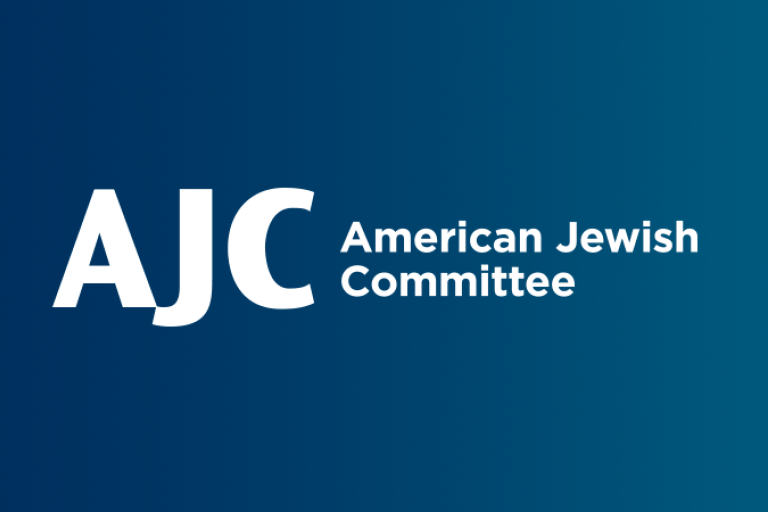August 3, 2023
Spain could end up borrowing a page from Israel’s repetitive election playbook.
Following an inconclusive Spanish election in July, neither the left-of-center Socialist Party and its incumbent President Pedro Sánchez, nor the opposition, the right-of-center Popular Party and its candidate Alberto Núñez Feijóo won enough seats in the Congress of Deputies to declare victory.
Now over the next three months, each centrist candidate and his party must try to form a bloc in parliament – a coalition strong enough to convince His Majesty King Felipe VI that it will last. Otherwise, Spanish voters will once again head to the polls.
Here’s why Spain’s election result matters and what it means for the country’s small, but historically significant, Jewish community.
Making reparations for its past
Despite the inconclusive results of the election, one major takeaway from the results was that Spanish voters clearly rejected the divisive politics of political extremists on both sides of the aisle.
While both parties are moderate, the Socialist Party has been in government longer than any other political party in modern democratic Spain. A Popular Party victory would signal a rightward shift in the democratic nation, but not extreme. The far-right Vox party lost seats.
“Spanish electors spoke loud and clear about their preference for moderate and centrist parties and their rejection of the introduction of culture wars, which create fractures in society,” said Dina Siegel Vann, Director of AJC's Arthur and Rochelle Belfer Institute for Latino and Latin American Affairs (BILLA). “AJC has worked closely with both parties since the return of Spain to democratic rule. Each one has shown throughout the years great sensitivity to Jewish concerns.”
Once one of the largest Jewish communities in Europe, Spain now has 40,000 Jews out of a population of nearly 46 million.
The Spanish Inquisition, which persecuted Jews and others who were not Catholic, followed a series of invasions by Christian states known as the “Reconquista.” On March 31, 1492, Ferdinand and Isabella issued the Alhambra Decree, also known as the Edict of Expulsion, which gave Jews three months to leave their homeland behind or convert to Catholicism. Those who stayed, including those who converted but were suspected of practicing their faith in secret, ran the risk of being tortured and killed.
But since Spain became a democracy in the late 1970s, its centrist political parties have found common ground on at least one thing: taking responsibility for this dark history.
“They have come together to advance reconciliation after 500 years of almost total Jewish absence in the country after the 1492 Expulsion Edict and to ensure that a new Jewish community thrives and feels at home in Spain,” Siegel Vann said.
From 2015 to 2019, Spain offered reparation for the Inquisition. Led by the King of Spain, His Majesty King Felipe VI, the government granted citizenship to applicants of Sephardic Jewish descent who could prove a Jewish ancestor had been expelled, demonstrate their ability to speak Spanish, and pass a citizenship test.
But even prior to that, in 2007, the Spanish government launched Centro Sefarad-Israel in Madrid to shed light on Jewish history and culture, the Holocaust, and Israel. The center presents Sephardi Jewish culture as integral to Spanish culture.
Defining and combating antisemitism
In 2020, Spain’s parliament became the 23rd national government to adopt the International Holocaust Remembrance Alliance (IHRA) Working Definition of Antisemitism as a tool to help officials recognize certain aggressions as antisemitism. AJC helped draft the definition 14 years ago and continues to urge European governments to adopt it. The definition offers 11 examples, seven referring to Israel that, depending on the context, could become antisemitic. Spain is one of several countries that have embraced the definition but isn’t afraid to critique Israel just as it would other international partners.
The Spanish government was also one of the first European Union countries to approve a national plan incorporating the European Strategy on Combating Antisemitism and Fostering Jewish Life, a multi-faceted plan that incorporated many recommendations from AJC. Spain’s plan aims to combat all forms of antisemitism or incitement against Jewish communities, including on the Internet; aims to create conditions for Jews to worship and maintain their traditions freely; and promotes research, education, and Holocaust remembrance.
Now, rather than expelling its Jewish citizens, Spain has developed a stellar track record for fostering Jewish life and, of all the European nations, it has one of the lowest rates of antisemitic incidents.
AJC hopes to see this track record spread throughout Europe. In July, Spain took the helm of the European Union's Council of Europe made up of government ministers from each EU member state and will encourage every country that has not done so yet, to implement laws and policies adopted Europe-wide combating antisemitism and fostering Jewish life.

